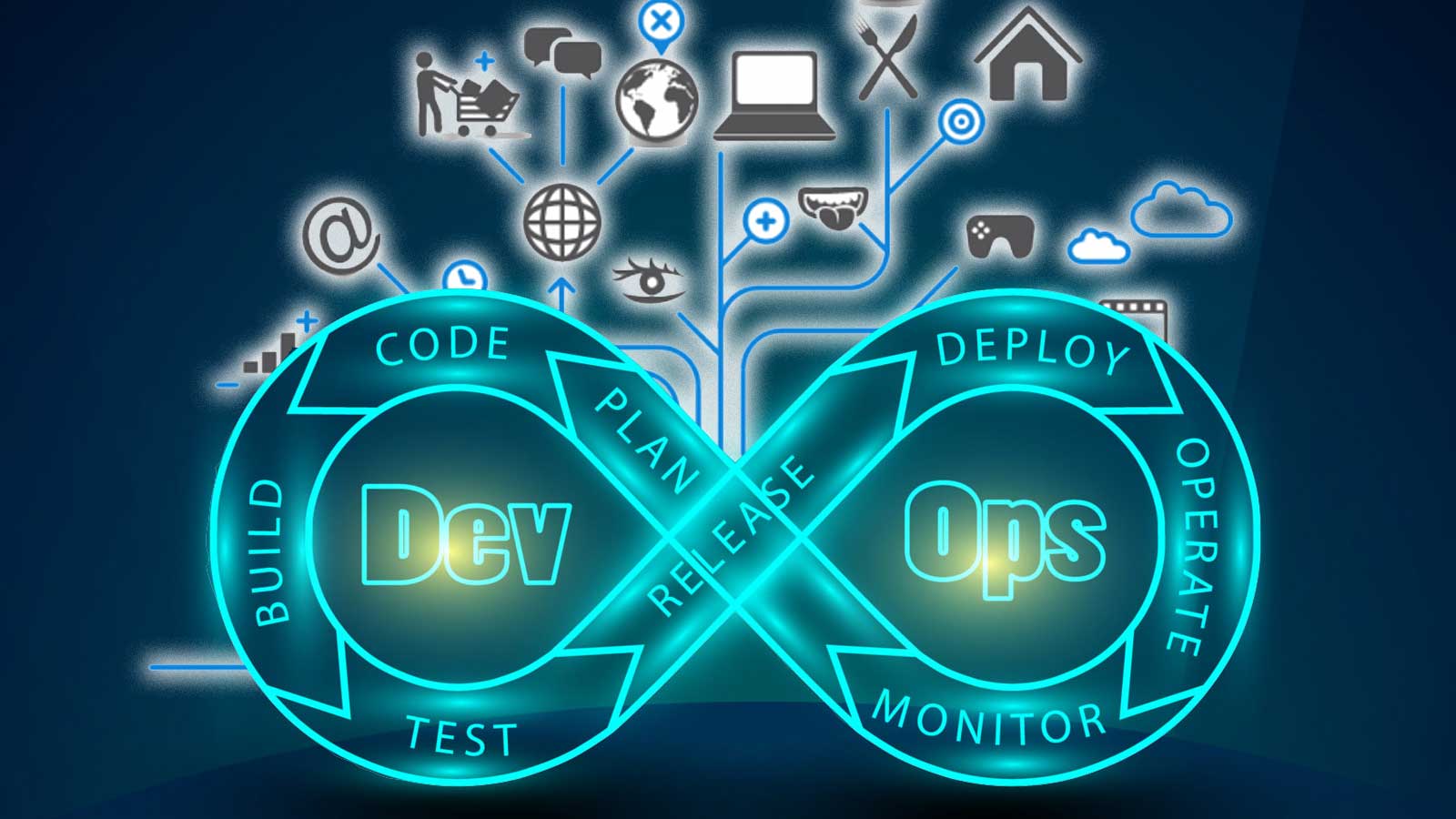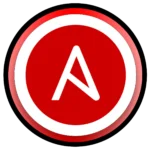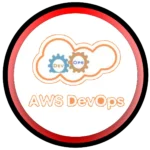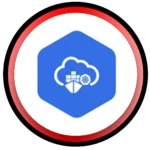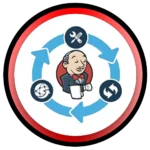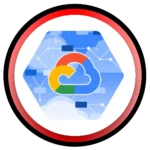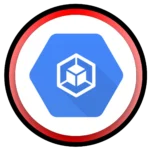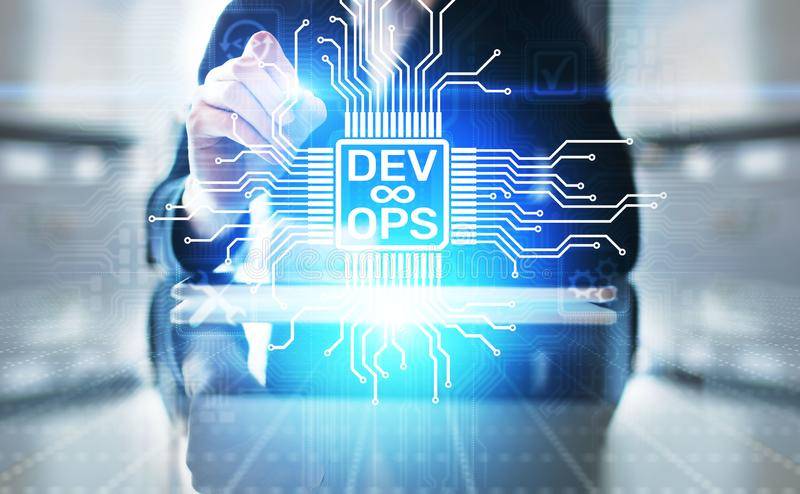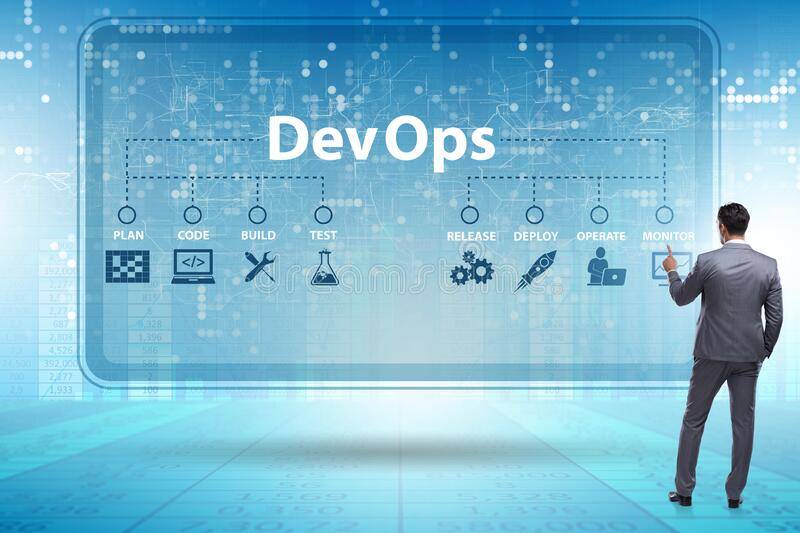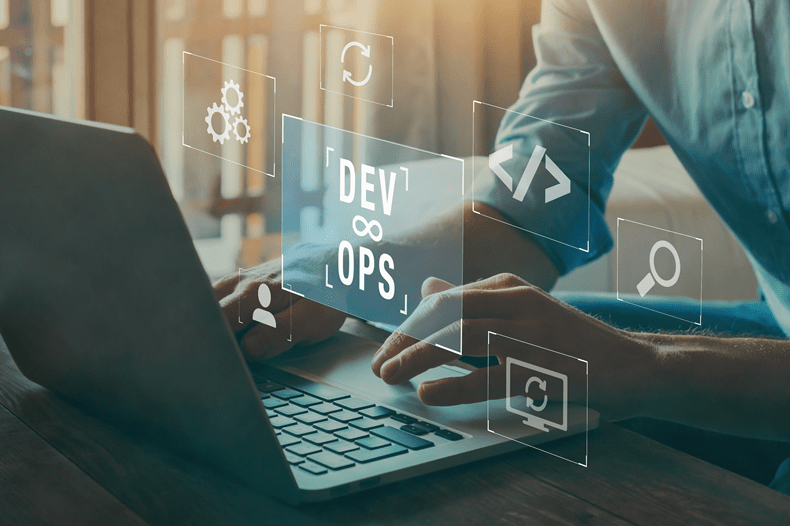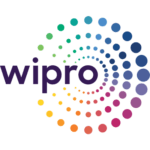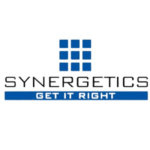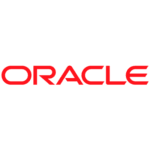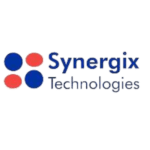Diana Certified Git Maestro: Expert-Level Version Control Training
Course Overview
The Git Maestro course is a comprehensive and immersive program designed to make participants proficient in version control using Git. Version control is a critical skill for modern software development, enabling teams to collaborate effectively, track changes, and manage codebase history efficiently. Throughout this course, learners will gain hands-on experience with Git, exploring its core features, branching strategies, and collaboration workflows. Whether you are a beginner or an experienced developer, Git Maestro will equip you with the knowledge and expertise to become a skilled Git practitioner.
Who is the Course For
The Git Maestro course is suitable for software developers, programmers, web developers, DevOps engineers, IT professionals, and anyone involved in software projects that require version control. Whether you work solo or as part of a team, this course is tailored to meet the needs of learners at various skill levels. Beginners will receive a solid foundation in Git concepts, while experienced users can deepen their understanding and optimize their Git workflows.
Tools We Use
Throughout the course, participants will work with Git, the most popular distributed version control system. Additionally, they will explore using Git with platforms like GitHub, GitLab, or Bitbucket to facilitate collaborative development and project hosting.
What You Will Learn
By completing the Git Maestro course, participants will acquire a comprehensive set of skills related to Git version control, including:
- Understanding the fundamentals of version control and the benefits of Git.
- Installing and configuring Git on various operating systems.
- Initializing repositories, creating branches, and managing Git workflows effectively.
- Committing changes, understanding commit history, and working with commit messages.
- Merging and resolving conflicts between branches to maintain a cohesive codebase.
- Using remote repositories to collaborate with team members and managing pull requests.
- Employing Git best practices for code collaboration and project organization.
- Exploring advanced Git features like rebasing, stashing, and interactive rebasing.
- Implementing Git hooks and integrating Git into continuous integration (CI) pipelines.
- Understanding Git’s underlying architecture to troubleshoot and optimize repository performance.
Prerequisites for the Course
To get the most out of the Git Maestro course, participants should have a basic understanding of software development concepts and familiarity with the command-line interface. Knowledge of any programming language will be beneficial but not mandatory. While prior experience with version control systems is not required, learners with some exposure to Git or other version control tools will find it advantageous. Most importantly, an eagerness to learn and a passion for mastering Git are the key prerequisites for this course.
